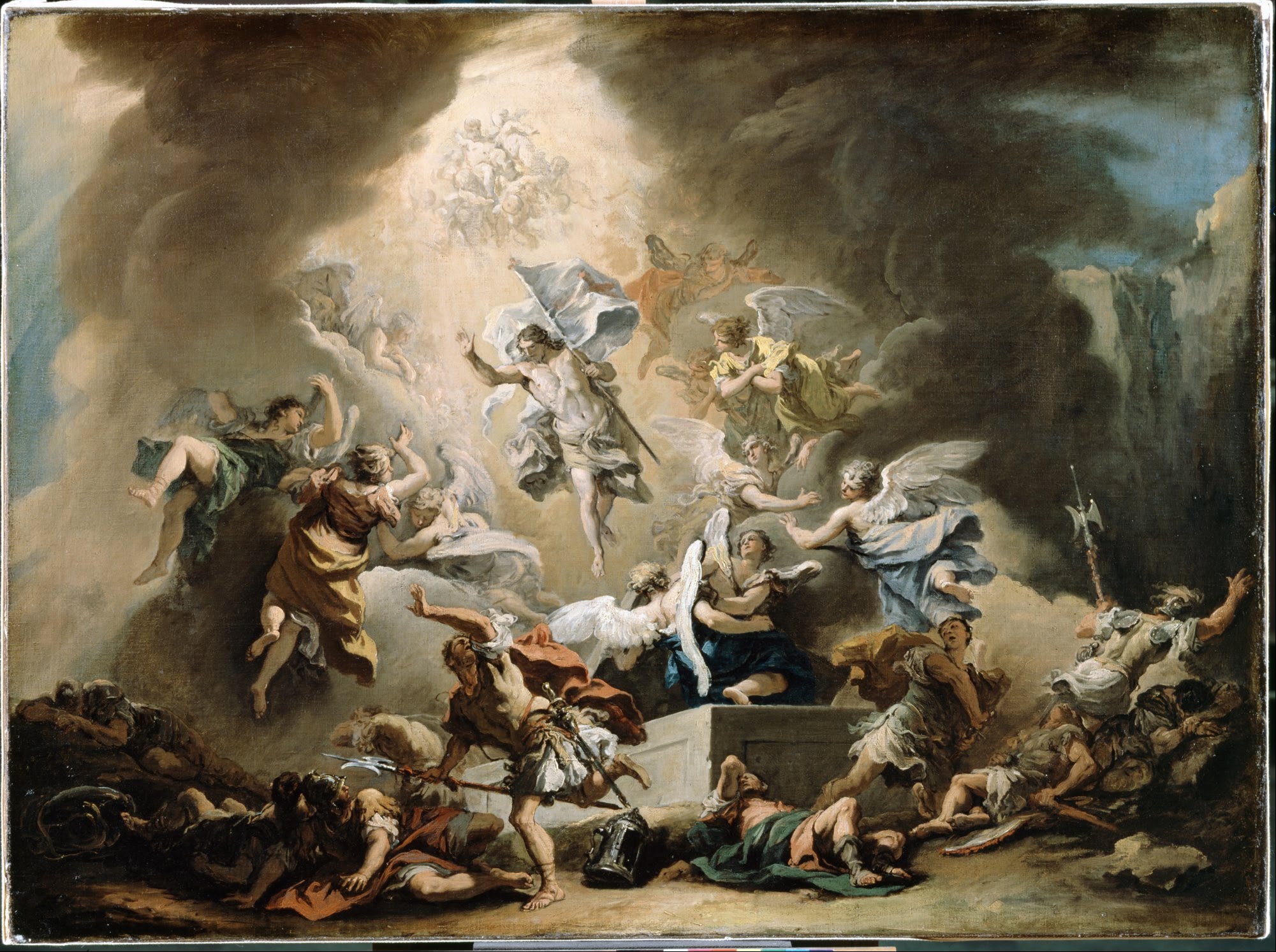Easter People on Mission: Week 6
Acts of the Apostles Scripture Challenge
Acts of the Apostles Scripture Challenge

Paul and his companions sail from port to port around the southwestern edge of Asia Minor and then past the island of Cyprus to Phoenicia. Paul intends to go to Jerusalem, but he receives warnings from Christian prophets that suffering awaits him there. Despite the warnings, Paul is determined to fulfill his mission by going to Jerusalem.
Upon his arrival, James, the chief elder of the Jerusalem church, warns Paul about false rumors that have been spread about him, namely that he was teaching Diaspora Jews (Jews living outside of Palestine) to abandon Mosaic rituals and not to circumcise their children. (In Acts 15, the Church weighed in on the circumcision of Gentiles; for Jews, these rituals were still observed in the earliest days of the Church, but eventually passed away.) James advises Paul to counteract the false report by means of a public act of Jewish piety – taking a Nazirite vow, which requires a week of purification. This would demonstrate publicly that Paul continues to live in observance of the law. However, this act of piety does not seem to satisfy the crowds. After the seven days of purification, Paul shows up in the temple and the Diaspora Jews incite the crowd and have Paul arrested.
Paul delivers the first of four defense speeches before a restless crowd in Jerusalem. He later addresses the governor Felix, the governor Festus, and King Agrippa. Paul stresses his Jewish upbringing and his former antagonism toward Christianity, hoping to show that only a miracle like the Resurrection could have changed the course of his entire life and mission so drastically. In the end, the crowd turns back to anger when Paul mentions his mission to the Gentiles. Paul’s Roman citizenship protects him from unreasonable punishment and guarantees him a fair judicial inquiry.
Paul is brought before the high priest and the Sanhedrin, and then before the Roman governor. The Jews accuse Paul of actions against the Jewish people and Caesar and seek his death, while the governor declares him innocent. Although he escapes immediate flogging and assassination because of his Roman citizenship, he is not spared from having to suffer long incarceration and frustrating legal trials.
What are some things we can learn from these passages?
At that time, Roman citizenship could be purchased, inherited, or conferred by the empire as a gift for outstanding service. Paul’s use of his legal rights as a citizen sets a useful example for contemporary Christians who encounter discrimination or persecution. Paul used the rights of his Roman citizenship to protect his mission. We need to do the same by using every political and legal remedy to fight for religious freedom so that the laws of our country protect our freedom to spread the Gospel and defend the human rights of all.
We also notice that these later chapters of Acts highlight striking parallels between the passion of Jesus and the “passion of Paul.” For Paul, as for Jesus, there is a triple prediction of his sufferings, and in each case, his friends try to prevent it. His arrival in Jerusalem is marked by a Jewish plot to kill him. He is brought before the high priest and Sanhedrin, and then before the Roman governor, who declares him innocent. Throughout all of this, Paul, as Jesus, submits to the Father’s will.
Learn about the advocacy initiatives of the Michigan Catholic Conference and how they work with Michigan lawmakers to advance the common good and uphold Catholic values. Consider joining the Catholic Advocacy Network to be updated on current policy issues and receive links to contact your local lawmakers as they prepare to vote on key issues.